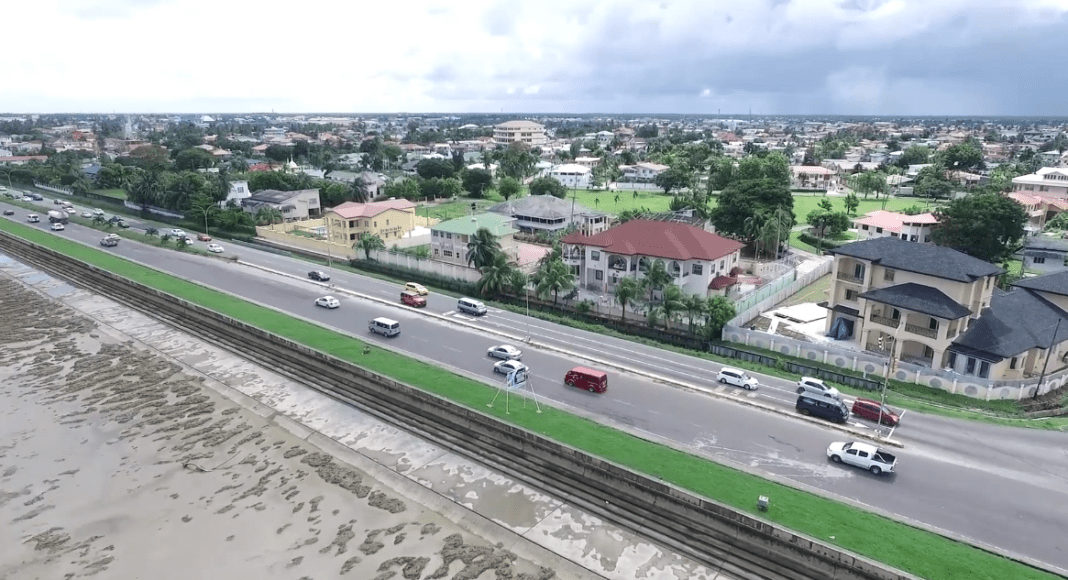Guyana’s Vice President Dr. Bharrat Jagdeo recently told reporters that Guyana expects to bring in US$2 billion per annum in oil revenue from 2025, based on a US$50 per barrel price of crude. He said if that calculation is done using US$100 per barrel, the annual revenue share jumps to US$4 billion.
The Vice President explained that these calculations consider sanctioned projects alone at the ExxonMobil-operated Stabroek Block: Liza Phases 1 and 2, Payara and Yellowtail. Combined, these projects would be producing about 830,000 barrels per day at peak.
Guyana’s oil earnings per capita by 2025 could exceed Qatar, Kuwait and Norway – Expert | OilNOW
From this output, Guyana would receive about 12.5%. Dr. Jagdeo explained that this calculation is based on the fiscal terms in the Stabroek block production sharing agreement (PSA). The consortium’s invested costs are recovered up to a ceiling of 75%. The remaining 25% is split equally between the government and the consortium. In addition to this 12.5% government take, the consortium would pay Guyana 2% royalty, amounting to total government take of 14.5%. After the consortium’s costs are substantially recovered, Guyana’s take would increase.
“Guyana has a fully integrated fiscal and economic model that allows for the government to analyse all the producing oil fields,” the Ministry of Natural Resources has said. And this model includes options for the future production of oil and gas.
‘Critics who say we will get nothing from oil sector reckless, uninformed’ – Bharrat
The Ministry said the tools at its disposal allow the government to have a good understanding of the forecasted costs, revenues, and Net Cash Flow (NCF) from the sector for both the government take and contractors’ take.
This model allowed the government to calculate, for example, that in 2022, government revenues into the Natural Resource Fund would amount to US$957.6 million. Given the impact on oil prices of Russia’s invasion of Ukraine, Guyana is now set to gain a lot more than that.
Guyana also projected its expected revenues up to 2025 would be approximately US$5.84 billion, and intends to spend about 60% (approximately US$3.45 billion) on projects to develop the country’s social and physical infrastructure.



